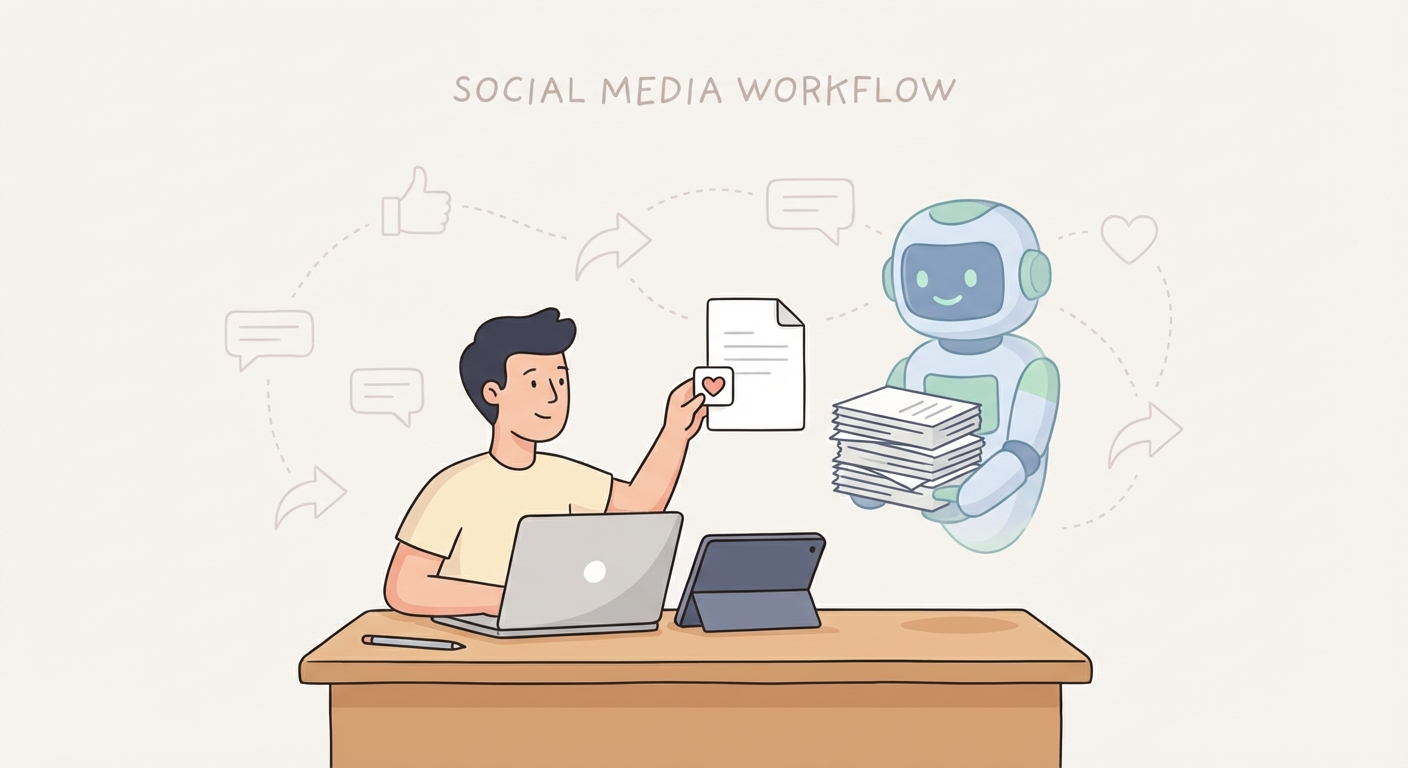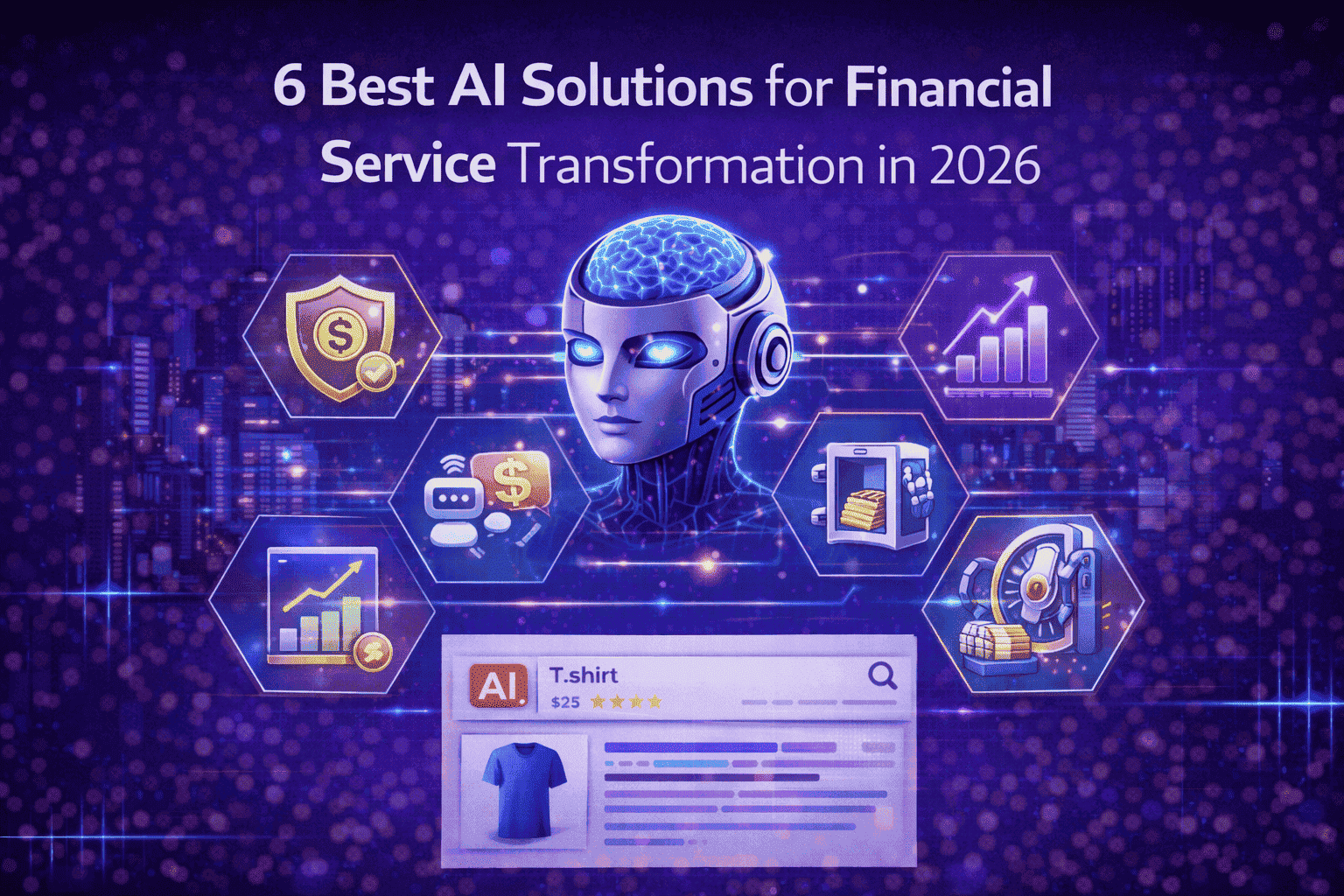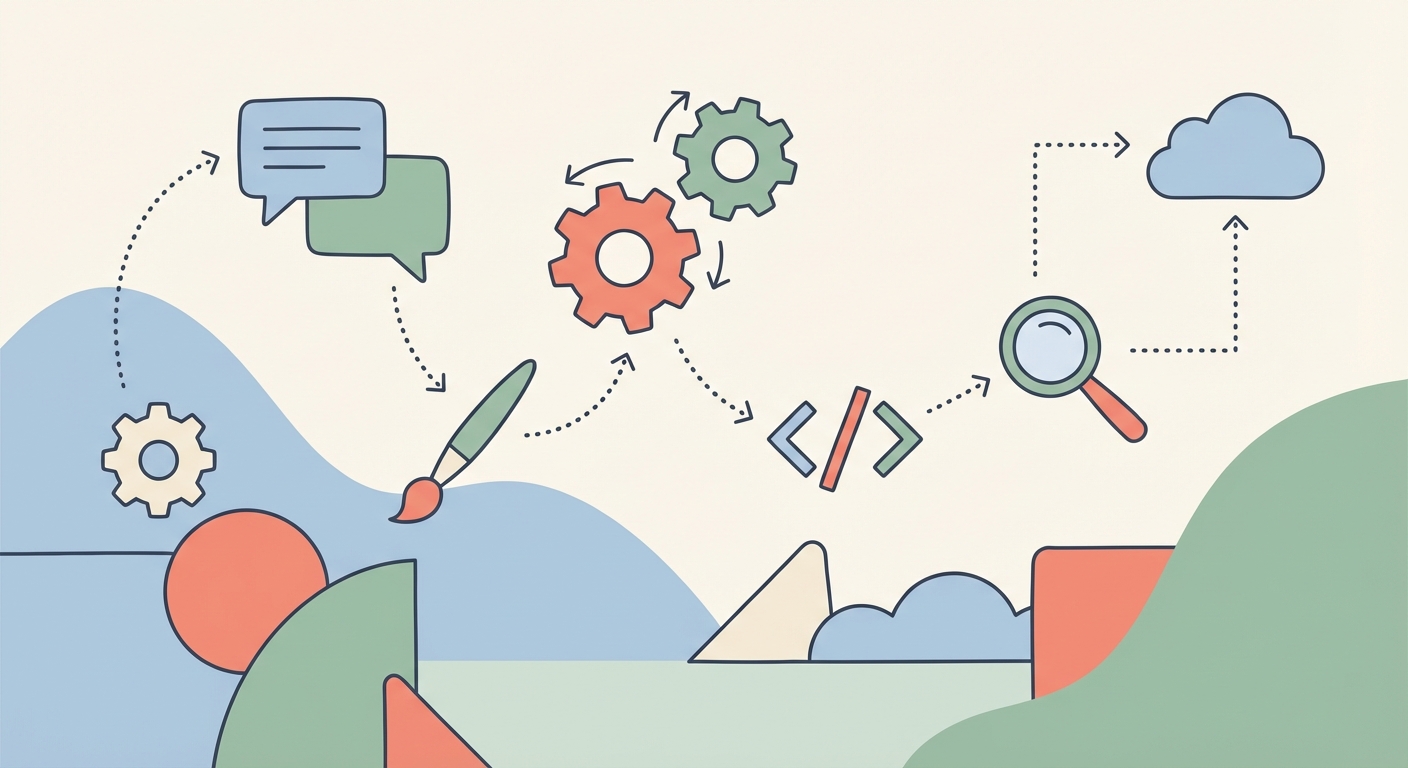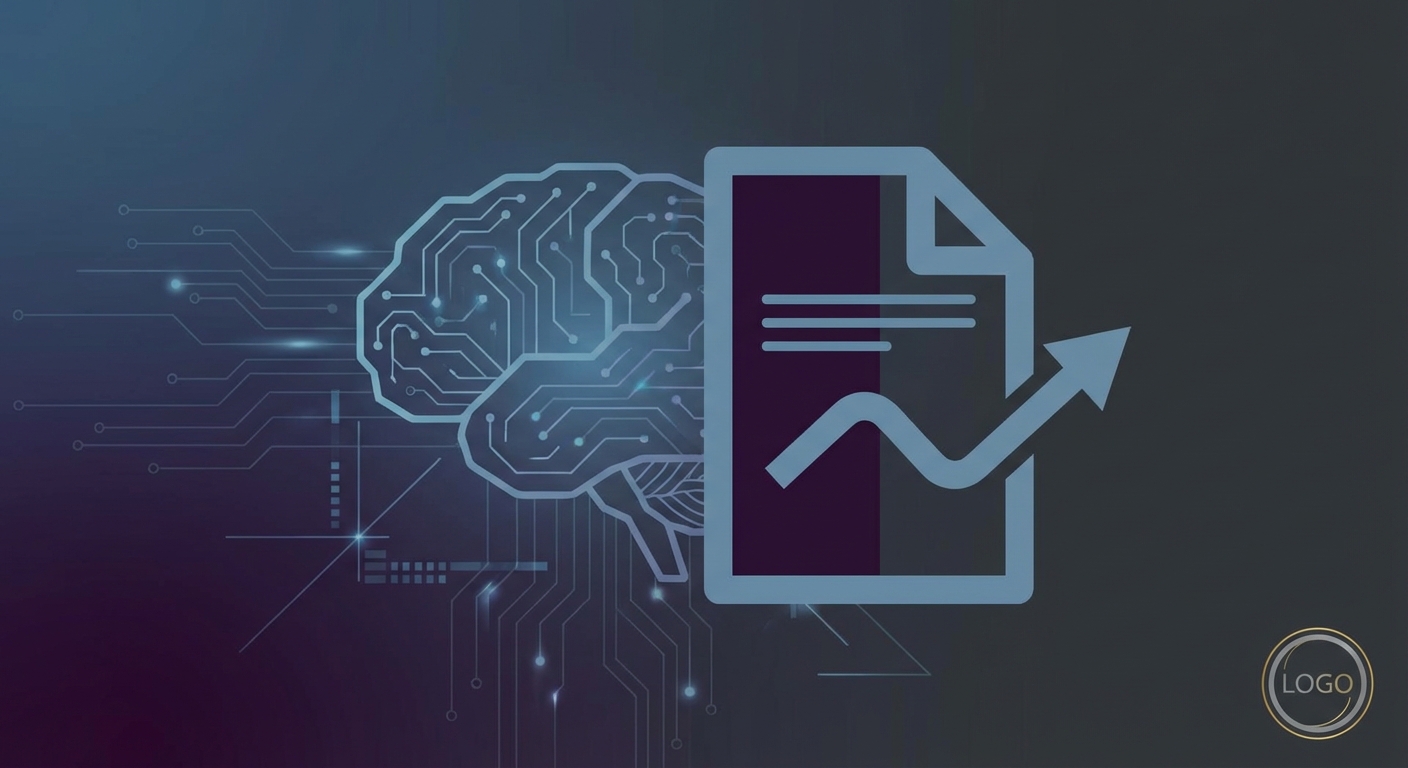Innovations in AI Scribing Technology
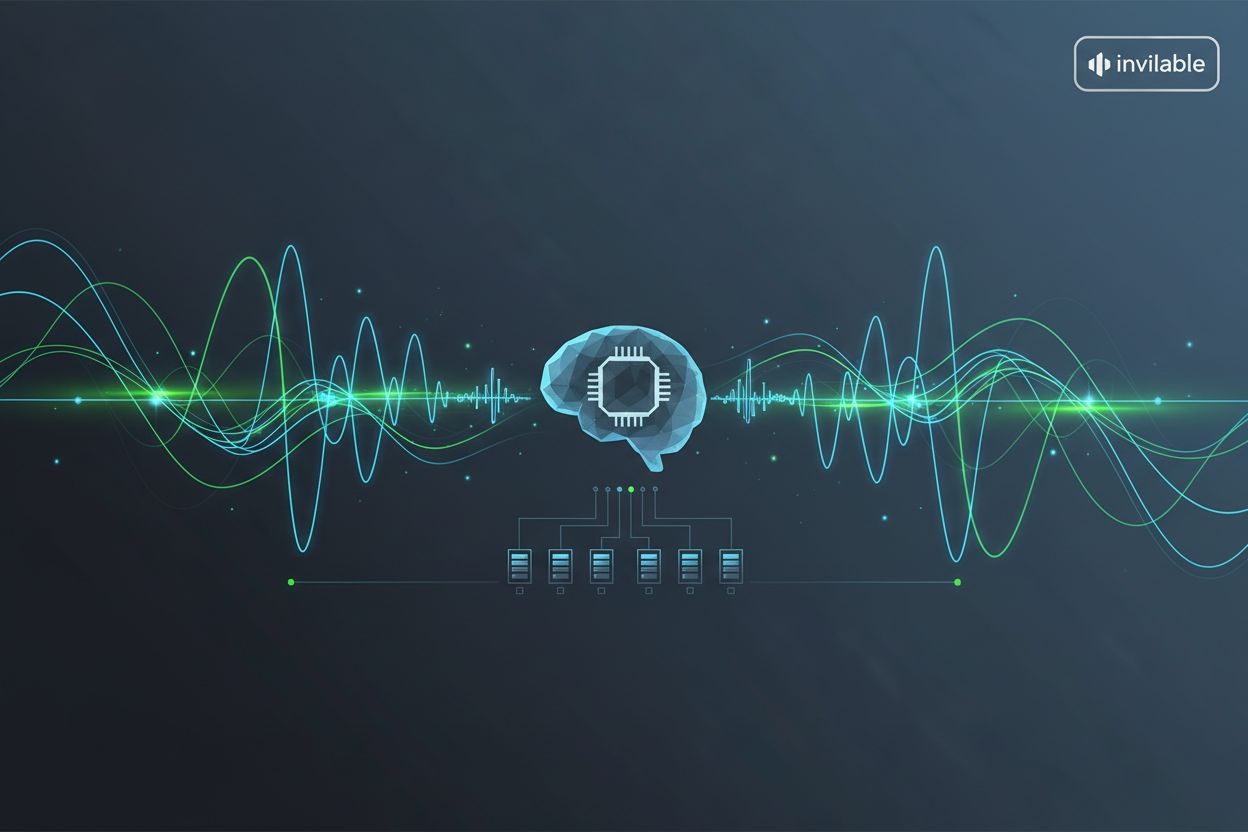
TL;DR
- This article covers the latest advancements in AI scribing tech. It explores how these innovations are transforming content creation by automating transcription, generating summaries, and even drafting entire articles. We'll look at the benefits, challenges, and future trends shaping this exciting field, offering insights for content creators and businesses looking to leverage ai.
Introduction: The Rise of AI Scribing
Okay, so, ai scribing? It's kinda blowing up, right? Like, who has the time to take notes in meetings, or write up everything after a brainstorming session. Not me, that's for sure. But what exactly is ai scribing anyway? Let's break it down:
- It's basically tech that uses ai to transcribe speech, summarize info, and even generate content. Think meeting notes on steroids, or like, a super-powered ghostwriter.
- ai scribing has been evolving for awhile, but it's really taken off recently thanks to advances in things like natural language processing (nlp).
- You can use it in tons of different ways - from doctors using it to document patient visits faster, to marketers creating social media posts without breaking a sweat.
Honestly, the demand for content is just insane these days, and ai scribing helps cut down on production time a lot. Plus, the accuracy is getting seriously impressive. And well, let's face it, it's way cheaper than hiring a human to do the same job. So, yeah, people are catching on. Next up, we'll look at the innovations driving its popularity.
Key Innovations in AI Scribing
Okay, so ai scribing is cool and all, but what's really making it a game-changer? It's not just about typing words for you – it's the advancements underneath the hood that are making things interesting.
Speech-to-Text is Getting Scary Good: Remember when voice recognition was, well, kinda terrible? Now, it's crazy accurate, even if you're in a noisy coffee shop, or have a strong accent. Plus, it's not just English anymore. ai can handle multiple languages and dialects. It's getting to the point where you could whisper dictation and it'll still get it right, which is wild.
AI Summarization: Not Just Copy-Pasting Anymore: Forget those old-school summaries that just pulled out sentences randomly. ai can now do abstractive summarization, which means it understands the context and rewrites it in a shorter, more concise way. You can even customize how long the summary is, and what it focuses on. Need a TL;DR version for a ceo? Done. Need detailed notes for legal? Also done.
Content Generation: Hello, Robot Overlords (Kinda): Okay, ai isn't quite ready to replace us writers, but it can def give you a head start. Need a blog post outline? Boom. Social media updates for the week? Done. The ai can generate original content based on prompts, which is super helpful for brainstorming or just getting past that blank page.
So, what's next? Well, we'll take a look at the impact ai scribing is having across different industries.
Use Cases and Applications of AI Scribing
Okay, so ai scribing isn't just a fancy tool, it's actually changing how a bunch of industries operate. I mean, who wouldn't want to automate some of their work, right?
Content Creation for Marketing and Advertising: Think about all those social media posts, ad copies, and email campaigns that needs to be made. ai can generate drafts for all of it, which is a massive time-saver. Plus, you can repurpose content across different platforms super quick. Need a linkedin post based on a blog article? ai can do that.
Academic Research and Documentation: For researchers, ai can transcribe interviews, summarize research papers, and even generate reports. I know a few grad students that would kill for that! Imagine how much faster you could get through a literature review.
Media and Journalism: ai can automate transcription of interviews and press conferences. That means journalists can focus on the story, not the tedious stuff. ai can also help with fact-checking.
I've heard that ai scribing tools are helping businesses save up to 30% on content creation costs. This figure comes from industry reports and anecdotal evidence from businesses adopting these tools.
Next up, we'll dive into the benefits and challenges of this technology.
Benefits and Challenges of AI Scribing
AI scribing sounds amazing, right? But like, is it actually all that? Well, there's definitely some amazing upsides, but it's not perfect– not by a long shot.
- First off, efficiency is a huge win. Think about it: no more manually typing notes. ai can do it way faster, freeing you up to actually, you know, think during meetings.
- Cost savings are another big one. Hiring a human scribe? Expensive. ai? Much cheaper, even with subscription fees. Small businesses especially can benefit, using ai to create blog posts or social media content without hiring a full-time writer.
- Then there's accuracy. While not always perfect, ai is getting really good at transcribing speech accurately, even with different accents, or noisy environments. It also keeps all your documentation consistent.
- It can scale with your needs. Need more content? ai can handle it. Got a sudden project? ai's got your back.
However, it's not all sunshine and rainbows. ai can struggle with very technical jargon. Also, you need to watch out for bias. ai models are trained on data, and that data can be biased. So, you always need a human to check the ai's work and make sure it's accurate and fair. Beyond bias and accuracy, there are other ethical considerations. For instance, data privacy is crucial; when transcribing meetings, sensitive information needs to be protected. Job displacement is another concern, as automation could impact roles traditionally held by human transcribers. So, use it wisely.
Next up, we'll look at what the future holds for this tech.
The Future of AI Scribing Technology
So, ai scribing is pretty cool now, but what about next year? Or in five years? Honestly, the potential feels kinda limitless. Here's a few things I'm keeping my eye on:
- Deeper ai Integration: We're talking ai that doesn't just transcribe, but also understands the content on a deeper level, and connects it to other things. Imagine your ai scribe automatically pulling in relevant market data during a meeting about a new product launch. That'd be wild.
- Hyper-Personalization: ai that learns your specific writing style, preferences, and even your sense of humor. It could then tailor content to fit your brand perfectly. This level of personalization could seriously boost engagement, especially in marketing.
- Industry Expansion: ai scribing is already popping up everywhere, but I think we'll see it move into areas like retail (think ai-powered product descriptions) and finance (summarizing complex reports). Also, as ai gets better at handling sensitive data, we might even see more adoption in healthcare.
- Ethical ai is Key: We gotta make sure this tech is developed responsibly. That means addressing biases, protecting data privacy, and being transparent about how ai is being used. It's not just about making things efficient, it's about doing it right. For example, in healthcare, ensuring patient data privacy during transcriptions is paramount. Similarly, for AI scribing in journalism, being transparent about the use of AI in content generation is important to maintain trust.
ai scribing is def not just a fad; it's changing how we work and create. Just gotta keep an eye on those ethical considerations, you know?

